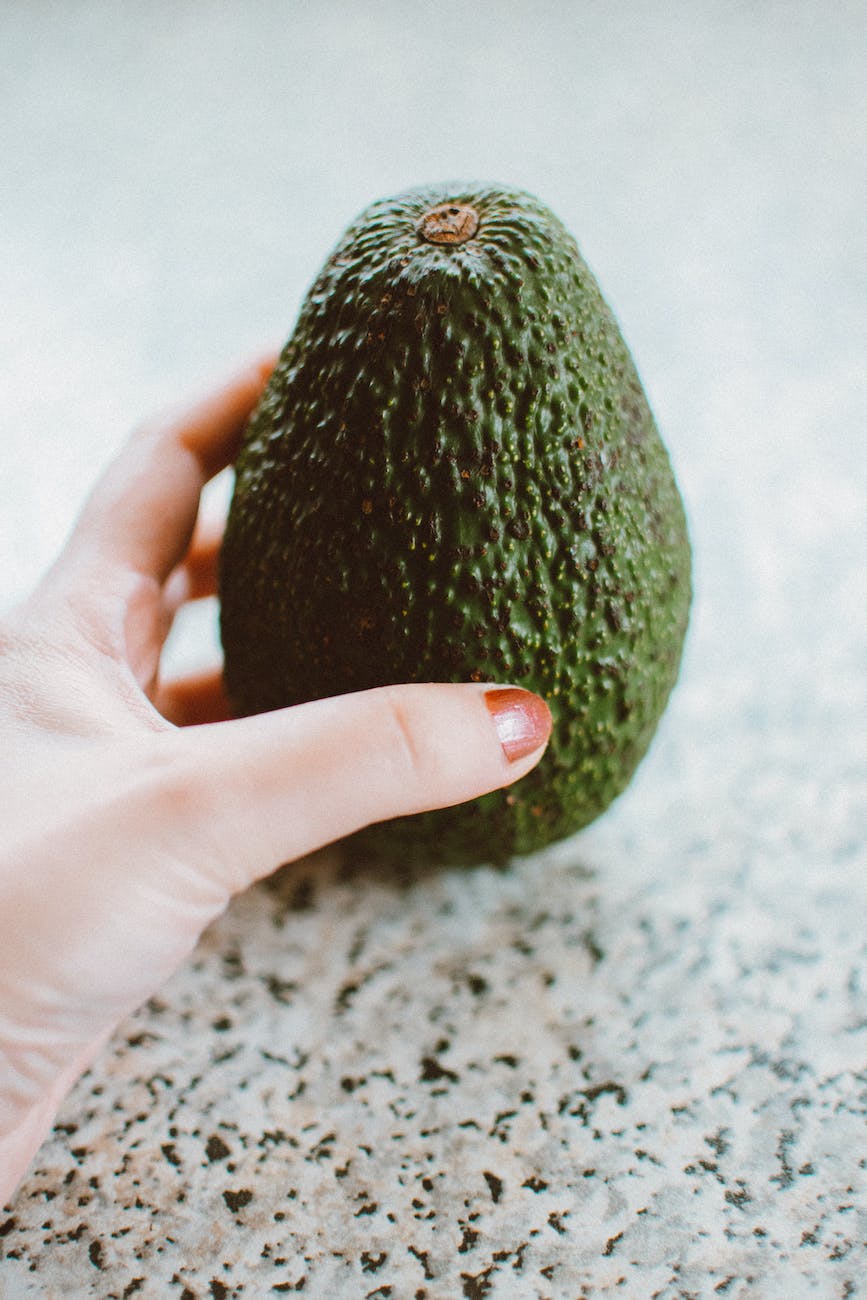
The world of pharmaceuticals is ever-evolving, with new medications being introduced to address various health conditions. One such recent introduction is Sotyktu, also known by its generic name, Deucravacitinib. This guide aims to provide a comprehensive understanding of Sotyktu, addressing common queries and concerns.
1. What is Sotyktu (Deucravacitinib)?
Sotyktu, scientifically known as Deucravacitinib, is a novel medication that falls under the category of TYK2 inhibitors. It’s primarily designed to target and modulate specific pathways within the immune system. By doing so, it aims to alleviate inflammation and other associated symptoms, especially in autoimmune disorders. The primary focus of its application has been for the treatment of psoriasis, a condition characterized by red, itchy, and scaly patches on the skin.
Key Point: TYK2 inhibitors like Sotyktu offer a targeted approach to managing autoimmune conditions, potentially leading to fewer side effects compared to broader immunosuppressants.
Potential Side Effects of Sotyktu
Medications, while beneficial, often come with potential side effects. For Sotyktu, some patients have reported experiencing fatigue, occasional headaches, and minor digestive discomforts. It’s crucial to understand that these side effects might not manifest in every individual and can vary in their intensity and duration.
Note: Always consult with a healthcare professional about any unexpected reactions or concerns regarding side effects.
Sotyktu, like all medications, has the potential to cause side effects. While many individuals tolerate the drug well, it’s essential to be informed about the possible adverse reactions to ensure safe and effective use. Here’s a comprehensive look at the potential side effects of Sotyktu:
Common Side Effects
- Fatigue: Some users have reported feeling unusually tired or lethargic after starting the medication.
- Digestive Discomfort: This can manifest as nausea, stomach cramps, or even diarrhea in some individuals.
- Headaches: A few patients have experienced mild to moderate headaches, which typically resolve on their own.
Less Common Side Effects
- Skin Reactions: Some users have reported rashes, itching, or even mild swelling at the site of the pill’s ingestion or elsewhere on the body.
- Mood Changes: A very small percentage of users have noted mood swings or feelings of depression.
- Joint Pain: While Sotyktu is used to treat joint-related issues like psoriatic arthritis, a few have reported increased joint discomfort.
Rare but Serious Side Effects
- Liver Abnormalities: There have been isolated reports of liver function changes. Regular monitoring through blood tests can detect and manage this potential side effect.
- Allergic Reactions: Symptoms can include difficulty breathing, severe rash, or swelling of the face, lips, or tongue. If you experience any of these, seek medical attention immediately.
Interactions with Other Medications
It’s crucial to inform your healthcare provider about all the medications you’re currently taking, including over-the-counter drugs and supplements. Some drugs might interact with Sotyktu, amplifying or diminishing its effects or leading to unforeseen side effects.
What to Do If You Experience Side Effects?
- Stay Calm: Remember that not all side effects are severe, and many resolve on their own.
- Consult Your Doctor: Always inform your healthcare provider about any new or unusual symptoms. They can provide guidance on managing side effects or adjusting the medication dose if needed.
- Monitor Symptoms: Keep a diary or log of any side effects, noting their severity and duration. This can be invaluable information for your healthcare provider.
3. The Cost Factor: How Much Does Sotyktu Cost?
The financial aspect of medications is often a significant concern for many. Sotyktu’s cost can fluctuate based on several determinants, including geographical location, the specifics of one’s insurance plan, and the chosen pharmacy. For the most accurate and up-to-date pricing, it’s advisable to consult directly with Bristol Myers Squibb or check with local pharmacies.
Tip: Some pharmacies might offer loyalty programs or discounts that can reduce the overall cost.
4. FDA Approval Status
The FDA’s approval of any medication is a rigorous process that ensures its safety and efficacy. Sotyktu has successfully passed these stringent evaluations, receiving FDA approval for the treatment of specific conditions, notably psoriasis. This endorsement underscores the drug’s potential and its adherence to safety standards.
Highlight: FDA approval is a testament to a drug’s safety and effectiveness, achieved after thorough testing and evaluations.
5. Sotyktu for Psoriatic Arthritis and Other Conditions
Beyond psoriasis, there’s a burgeoning interest in Sotyktu’s potential applicability for other conditions, such as psoriatic arthritis. This condition is an inflammatory type of arthritis affecting some people with psoriasis. Preliminary studies and patient feedback indicate promising results, but as always, individual experiences may vary.
Insight: Ongoing research might soon expand the list of conditions that Sotyktu can effectively treat.
6. Manufacturer Details
Bristol Myers Squibb, a global biopharmaceutical giant, stands behind the development and production of Sotyktu. Their legacy in the pharmaceutical world is marked by a commitment to innovation, patient welfare, and the introduction of groundbreaking medications.
Fact: Bristol Myers Squibb has been at the forefront of numerous medical innovations, enhancing global healthcare standards.
7. Patient Assistance and Support Programs
Recognizing the financial challenges many face, Bristol Myers Squibb has initiated the Sotyktu 360 support program. This initiative is designed to offer copay assistance and a range of support services to eligible patients, ensuring broader access to the medication.
Recommendation: If cost is a concern, exploring such patient assistance programs can be a valuable step.
8. Patient Reviews and Testimonials
Real-world feedback from patients offers a treasure trove of insights. Those contemplating starting Sotyktu can benefit immensely from perusing patient reviews on reputable medical platforms, forums, or even the official website of Bristol Myers Squibb.
Advice: While patient reviews are invaluable, it’s essential to remember that individual experiences can vary. Always consult with a healthcare professional before making any decisions.
Frequently Asked Questions (FAQs) about Sotyktu
1. What is Sotyktu primarily used for?
Sotyktu is a medication primarily prescribed for the treatment of conditions like psoriasis and psoriatic arthritis. It works by targeting specific pathways in the body to reduce inflammation and other symptoms associated with these conditions.
2. Are there any common side effects associated with Sotyktu?
Yes, some common side effects include fatigue, digestive discomfort, and headaches. However, most of these are mild and tend to resolve on their own. It’s essential to consult with a healthcare provider if any side effect persists or becomes bothersome.
3. How does Sotyktu differ from other psoriasis medications?
Sotyktu has a unique mechanism of action that targets specific pathways in the body, making it different from other treatments. This specificity can lead to fewer side effects and improved efficacy for some patients.
4. Can I take Sotyktu with other medications?
It’s crucial to inform your healthcare provider about all the medications you’re currently taking. Some drugs might interact with Sotyktu, which can affect its efficacy or lead to unforeseen side effects.
5. How long does it take for Sotyktu to show results?
The time it takes for patients to see results can vary. However, many individuals report noticeable improvements within a few weeks of starting the medication. Regular consultations with a healthcare provider can help monitor progress.
6. Is Sotyktu safe for long-term use?
While many patients tolerate Sotyktu well over extended periods, it’s essential to have regular check-ups with a healthcare provider to monitor for any potential side effects or changes in liver function.
7. Are there any dietary restrictions while taking Sotyktu?
There aren’t specific dietary restrictions associated with Sotyktu. However, it’s always a good idea to maintain a balanced diet and consult with a healthcare provider about any specific concerns.
8. Can pregnant or breastfeeding individuals take Sotyktu?
If you are pregnant, planning to become pregnant, or breastfeeding, it’s crucial to discuss the potential risks and benefits of Sotyktu with your healthcare provider.
9. How should I store Sotyktu?
It’s recommended to store Sotyktu in a cool, dry place away from direct sunlight. Always keep medications out of reach of children.
10. What should I do if I miss a dose?
If you miss a dose, take it as soon as you remember. However, if it’s close to the time for your next dose, skip the missed dose and continue with your regular schedule. Avoid taking double doses.
Conclusion
Sotyktu (Deucravacitinib) is a beacon of hope in the realm of autoimmune condition treatments. This guide, by addressing common queries and offering an in-depth overview, aims to shed light on Sotyktu’s potential and its implications for patient health. Prioritize informed decision-making and always place your health at the forefront.
While Sotyktu offers significant benefits, especially for those with psoriasis and psoriatic arthritis, it’s essential to be informed about its potential side effects. Being proactive, staying informed, and maintaining open communication with your healthcare provider can ensure that you reap the benefits of the medication while minimizing potential risks.
Blog Tags: Sotyktu, psoriasis treatment, psoriatic arthritis, medication side effects, Sotyktu FAQs, inflammation treatment, drug interactions, Sotyktu benefits, Sotyktu storage, managing psoriasis.













